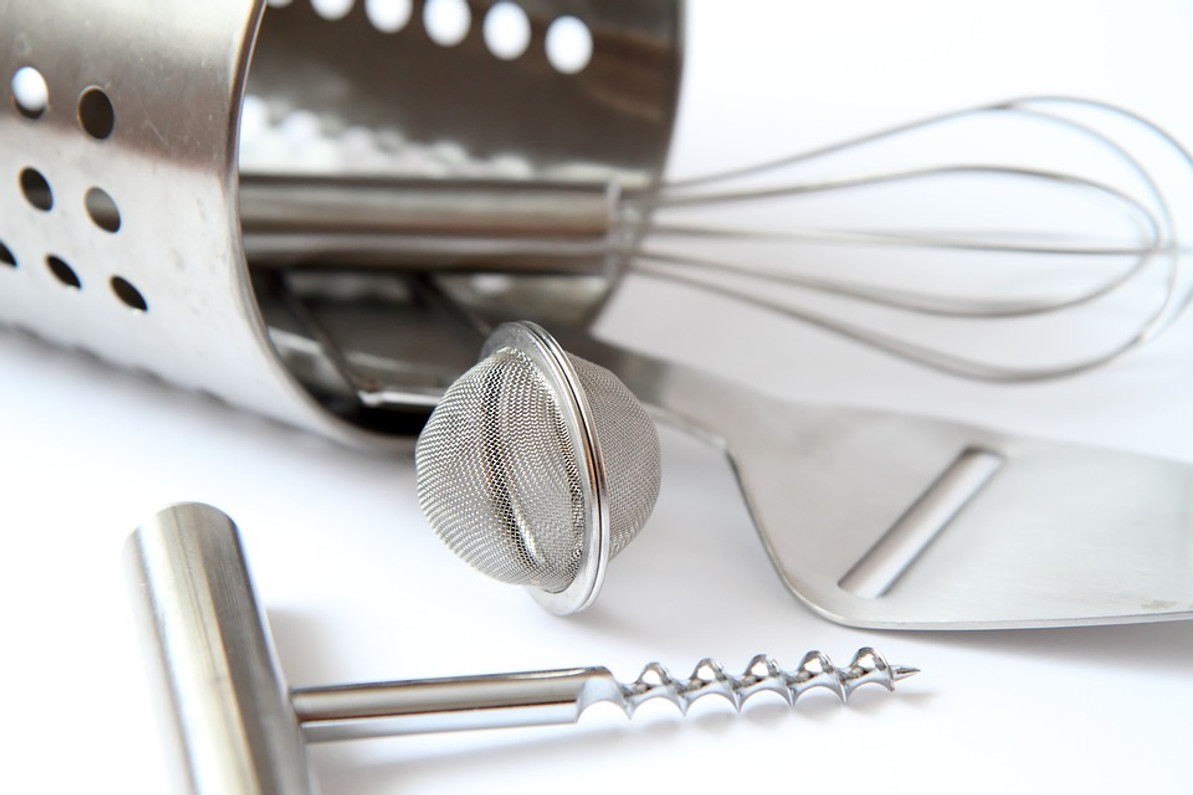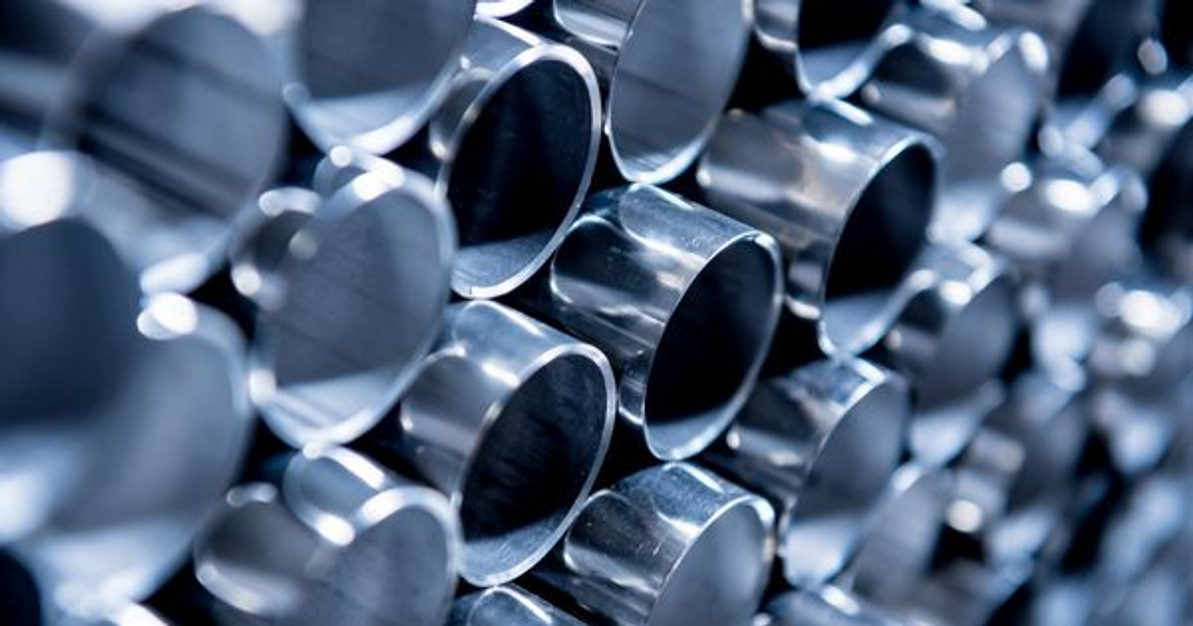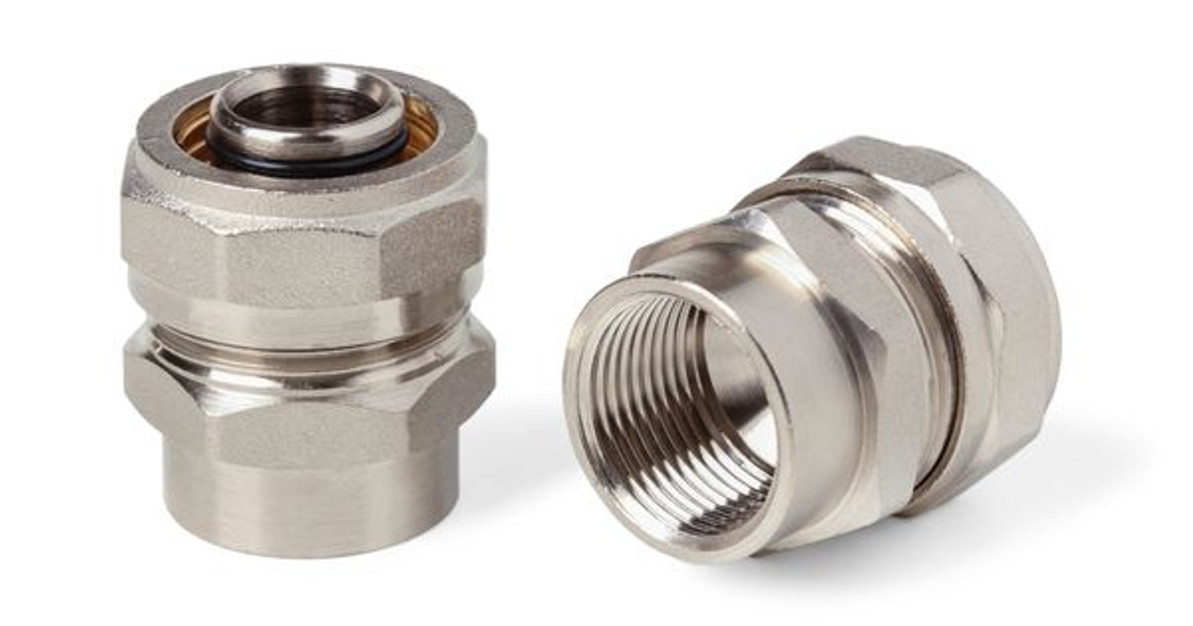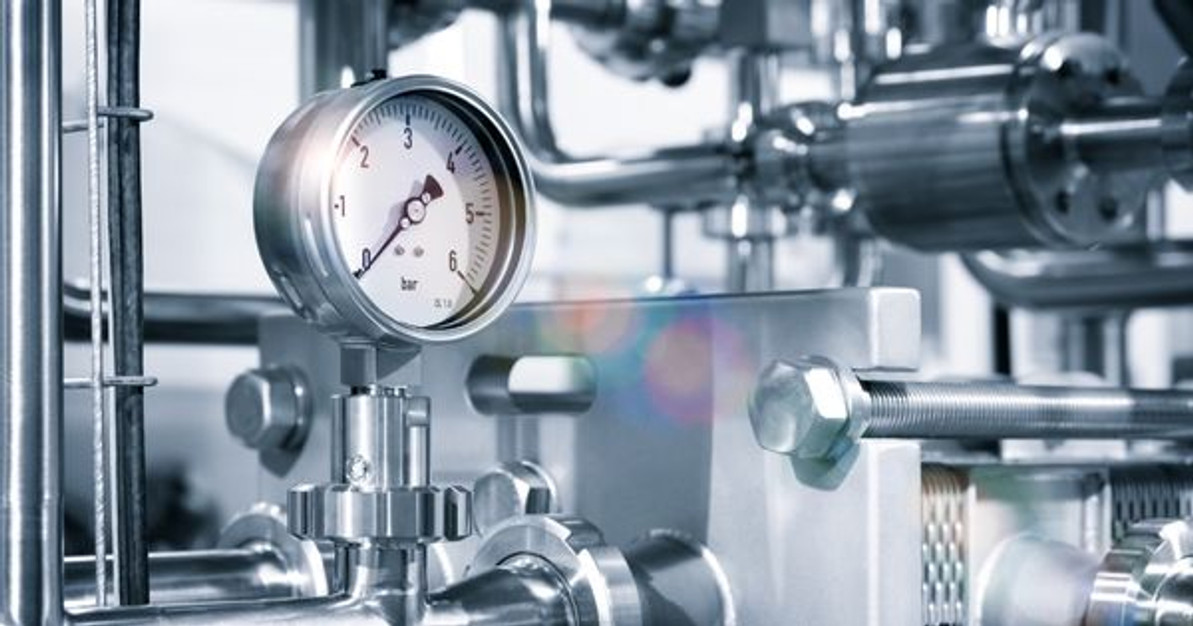 Aug 5th 2019
Aug 5th 2019Stainless Steel Sanitary Strainer-Operational Benefits
Whether it is food or beverage processing you need to have the right equipment and tools in place. Including a stainless steel sanitary strainer. A stainless steel sanitary strainer plays an important part in food and beverage processing.
Everything from beer to dairy will pass through a stainless steel sanitary strainer or a series of these strainers to help remove impurities. The right grade of stainless steel and the right quality manufacturing is vital to the success of any food or beverage processing operation.
What is Food Grade Stainless Steel?
All stainless steel is not created equally! There are over 100 different types of grades when it comes to stainless steel. The grades are categorized into 5 groupings including martensitic, duplex, precipitation-hardening, austenitic and ferritic.
The type of stainless steel sanitary strainer that is used in a specific processing setting is highly relevant to what is being processed. For example, some foods like ketchup can be highly corrosive while others like dairy products are not.
Sanitary fittings, sanitary butterfly valves and sanitary check valve options along with strainers are available in different grades of stainless steel to match the processing needs. In most all cases grade 316 stainless steel is a good option.
Grade 430 is like grade 316 except it has a lower nickel alloy content. It is a less expensive option but not as durable as grade 316 SS making it less ideal for processing when acidic compounds are being processed.
Grade 316 SS falls into the austenitic category which means it has very high temperature tolerances. Sanitary fittings made from 316SS can withstand temperatures over 1400 F. It also has a very high resistance to chlorides (salts), alkalis and acids.
Why High-Quality Stainless Steel is a Must
The need for these strainers is straight forward. Strainers are used to remove impurities from beverages and food during processing. Stainless steel is the choice when hygiene is imperative.
Food grade SS is easy to clean, resists corrosion and is durable, making it the best material for sanitary strainers and other fittings. It is heat resistant and delivers the longevity that processing plants can depend on.
Picking the Right Strainers
Strainers are designed to do different jobs. There are mainly three categories of strainers based on the job they will do:
- Filtration Strainers
- Medium Strainers
- Coarse Straining
Filtration strainers remove particles as small as 5 microns. Medium strainers will remove particles that range in size from 75 microns to 1900 microns. Coarse strainers are used to remove large particles.
Choosing the right stainless steel sanitary strainer comes down to what part of the processing it will be used in. Other considerations include process flow rate, the characteristic of the materials being processed and more.
High quality strainers from a trusted source crafted from stainless steel help to improve food and beverage safety and processing.
 Aug 5th 2019
Aug 5th 2019Recent Posts
-
Nov 7th 2022
What Is Food-Grade Stainless Steel Tubing?
Businesses that produce food and beverage products must operate hygienically. Sterile environments a …Nov 7th 2022
-
Oct 11th 2022
Why Sanitary Fittings Are Important for the Medical Industry
Sanitary fittings are useful for many industries. Food and beverage manufacturers have used these to …Oct 11th 2022
-
Sep 23rd 2022
What Is the Max Operating Temperature for Stainless Steel?
Stainless steel is valued in many industrial applications because it’s capable of withstanding high …Sep 23rd 2022




